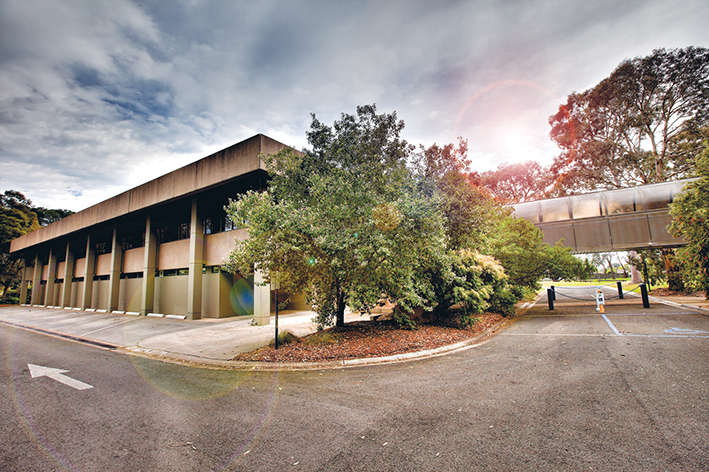MORNINGTON Peninsula Shire Council officers are looking for ways to limit how long boats and caravans are left parked in streets.
Councillors have told the officers to investigate ways to make sure boats and caravans are not “parked on roads for long periods or indefinitely”.
However, councillors have already been warned that under existing laws registered boats, trailers and caravans can be parked in streets for up to eight weeks.
After eight weeks council can consider a vehicle to be have been abandoned, although this could be contested if they are “within the vicinity of the registered owner’s known address”.
“Impounding a vehicle under these circumstances could very easily be challenged in court with several potential negative outcomes against the shire possible,” a report to council’s 26 June public meeting stated.
Council’s inability to intervene has led to disputes among neighbours upset at trailers, boats and caravans being parked outside their properties.
The report to council’s 25 June public meeting suggested a “potential option” could be ask the state government to change road safety road rules to specify parking time limits for “unhitched caravans and trailers”.
“There would need to be justification as to what council is trying to achieve through these amendments and there may be however, some unintended consequences of this advocacy, given the current housing and cost of living crises,” stated the report by community safety, health and compliance manager Dale Gilliatte and community strengthening acting director Chris Munro.
“As long as the trailer or caravan is parked in accordance with any relevant parking controls … [the shire] has no authority to request removal, as it is a vehicle.”
Unregistered vehicles could be impounded and even sold if a fee was not paid within 14 days provided the shire took “reasonable steps” to notify the owner.
The officers’ report said other councils had developed “information or educational material … [about] best practice parking practices in built up areas”.
This suggestion also came with a warning: “This would have an associated cost to develop, produce and distribute, but would assist in providing appropriate amenity information to residents.”
Council eventually decided “shire officers investigate ways to ensure that caravans and boats and other similar vehicles are unable to be left parked on roads for long periods or indefinitely” and that the government and local MPs be told about “issues regarding these publicly parked vehicles over long periods”.
Cr David Gill said the officers’ report showed how little council could do about parking.
Gill raised the issue at council after receiving a letter from a Mornington resident upset at having her neighbour’s caravan parked outside her property.
“When a caravan shifts [from someone’s backyard] to outside someone else’s house, we should treat it as an issue or a problem … and find a way to help,” he said.
“It’s not just two months [that vehicles can be parked in the street], it’s forever, unless we can prove the vehicle has been abandoned.
“Why should people be allowed to block roads in front of other people’s houses?”
Cr Susan Bissinger: “I don’t think there’s a person in this room who would like to have a dirty great caravan parked out the front of their house.
“They are hazardous as well. Not only does it impinge on your view, it also impinges on pedestrians … [making it] very hard for them to get around, footpath or no footpath.
“If you want to store a caravan or a boat, then simply put it into storage and don’t inconvenience your neighbours … I think it’s quite a selfish thing.”
Cr Despi O’Connor said the complaint referred to by Gill involved a road that was “very wide, and the vehicle was moved within the two months time frame”.
“Yes, it might be an inconvenience, but it is also a public place and our public spaces are for everybody. It might mean that somebody parks their trailer or car there for a period of time, but there is a two month limit on that.”
O’Connor said existing parking rules covered such things as not obstructing driveways, intersections, bicycle lanes and footpaths.
Cr Kate Roper said it was a “difficult issue” with people having multiple cars, a boat and “grey nomads” with large caravans that filled entire driveways.
“It is becoming an issue. I’ve been down small roads where there’s four caravans parked on nature strips. They do hinder vision and can be a safety issue.
“They may be legally parked, but it’s going to be an ongoing problem as people get more and more stuff.
“Storage centres are opening up and filling up pretty quickly because there’s obviously people needing to store them.
“But perhaps some people can’t afford it but still want their boat and caravan to enjoy. So where do they put them? It can be tricky.”




